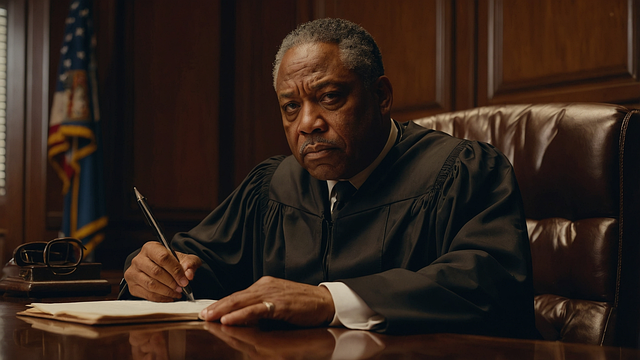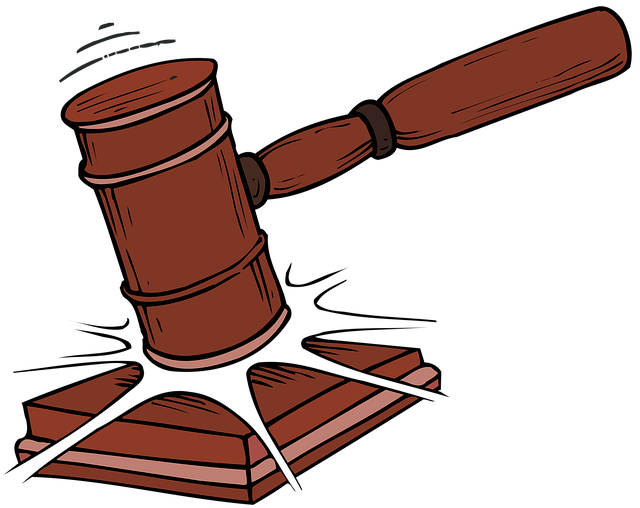Consumer protection laws guard fair business practices and product safety, with legal avenues for breach of contract claims. Assessing damages is crucial but complex, impacting financial burdens like legal fees, court costs, and expert witness expenses. The cost of litigating such breaches varies globally, emphasizing the need for informed decision-making and understanding contractual obligations to protect both consumers and businesses.
Consumer protection suits play a crucial role in ensuring fair business practices and safeguarding buyers’ rights. This comprehensive guide delves into the intricacies of breach of contract cases, from understanding relevant laws and their wide reach to navigating complex legal procedures. We explore how to identify damages incurred and provide an in-depth analysis of the escalating cost of litigating such suits. By examining these aspects, consumers can better protect themselves and make informed decisions.
- Understanding Consumer Protection Laws and Their Reach
- When a Contract is Breached: Identifying Damages
- Navigating Legal Procedures for Breach of Contract Suits
- The Cost of Litigating: A Comprehensive Analysis
Understanding Consumer Protection Laws and Their Reach

Consumer protection laws are designed to safeguard individuals from unfair business practices and ensure that companies adhere to ethical standards. These laws cover a wide range of issues, including product safety, advertising claims, billing practices, and data privacy. The reach of consumer protection extends across the country, ensuring that businesses operate transparently and responsibly. Understanding these laws is crucial for both consumers and businesses alike, as it empowers individuals to make informed decisions while holding companies accountable for their actions.
In cases where a breach of contract occurs, such as misleading advertising or unfair billing practices, consumers may have legal recourse. The cost of litigating these issues can vary greatly, depending on the complexity of the case and all stages of the investigative and enforcement process. Jury trials, in particular, can be expensive and time-consuming, but they also provide a level of public scrutiny that can be beneficial for both parties involved.
When a Contract is Breached: Identifying Damages

When a contract is breached, understanding the damages incurred is crucial for both consumers and businesses alike. This process involves identifying tangible and intangible losses resulting from the breach. Consumers may experience financial harm due to the cost of goods or services not delivered, or they might suffer from emotional distress if the breach invades their privacy or causes personal injury. These direct damages can be easily quantified, but indirect losses such as lost opportunities, potential future gains, or reputational damage are more complex and challenging to measure.
In consumer protection suits, achieving extraordinary results often hinges on meticulously documenting these damages. Across the country, legal experts specialize in navigating these complexities, fighting for their clients’ rights and ensuring they receive fair compensation. The cost of litigating a breach of contract can vary greatly depending on the complexity of the case and the jurisdiction, but it’s essential to pursue justice and hold accountable those who violate consumer rights.
Navigating Legal Procedures for Breach of Contract Suits

Navigating legal procedures for breach of contract suits can be a complex task, especially when considering the cost of litigating such cases. The process involves several steps that require meticulous attention to detail and a deep understanding of contractual obligations and rights. For both corporate and individual clients, it’s crucial to assess the merit of their claim and potential outcomes before embarking on litigation. This includes gathering relevant documents, identifying key evidence, and consulting legal experts who can guide them through the intricacies of contract law.
Across the country, breach of contract cases vary widely in complexity and value, influencing the cost of litigating these disputes. While some may resolve through negotiations or arbitration, others progress to jury trials, adding significant financial burdens. Legal fees, court costs, expert witness expenses, and potential damages make up the cost structure. It’s essential for plaintiffs and defendants alike to carefully consider their options, weigh the prospects of success, and assess whether pursuing a breach of contract suit aligns with their best interests.
The Cost of Litigating: A Comprehensive Analysis

The cost of litigating, particularly in consumer protection suits involving breach of contract, can be a complex and significant financial burden. Beyond the straightforward legal fees, there are numerous other associated expenses that must be considered. These include expert witness fees, court costs, and potential out-of-pocket expenses for both parties involved. For consumers, the financial strain of litigation can be immense, especially when they’re seeking justice against larger businesses with substantial legal resources.
In these cases, a comprehensive analysis of the cost of litigating must also account for the time and resources required to navigate the legal process. This includes preparation for depositions, trial presentations, and appeals—all of which contribute to the overall financial and emotional toll. Moreover, the prospect of winning challenging defense verdicts can be an incentive for businesses to settle out of court, thereby avoiding the substantial costs associated with prolonged litigation. A strategic approach, balancing the potential outcomes with the cost of litigating, is crucial in ensuring a respective business’s interests are protected without unduly burdening consumers seeking justice.
Consumer protection suits, while complex, are vital in ensuring businesses uphold their contractual obligations. Understanding the reach of consumer protection laws, identifying damages, and navigating legal procedures are crucial steps. When considering the cost of litigating breach of contract cases, it’s essential to weigh the potential outcomes, including financial compensation and legal precedents. By delving into these aspects, consumers can better protect their rights and foster a more transparent marketplace.






